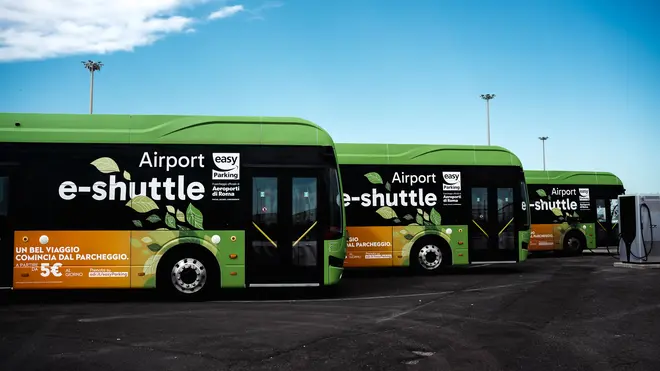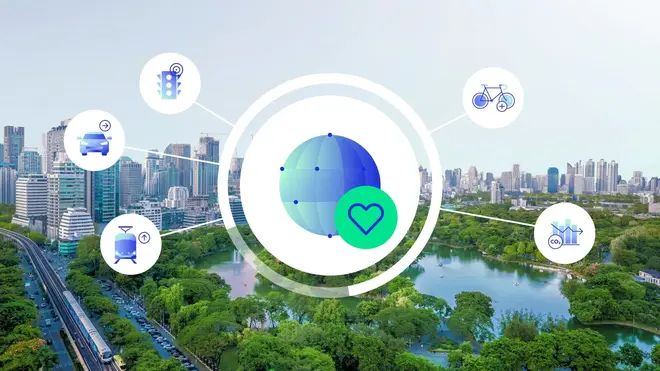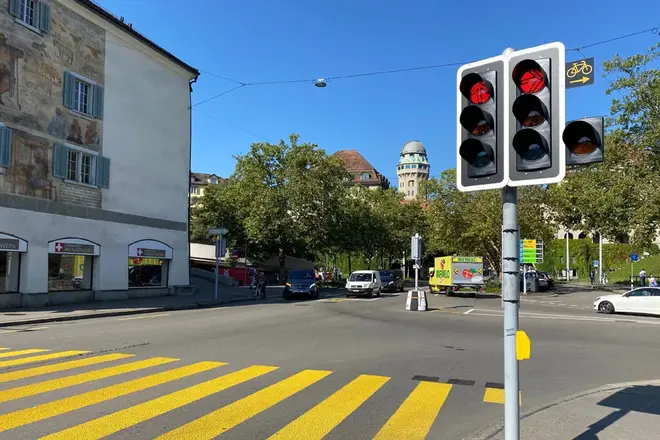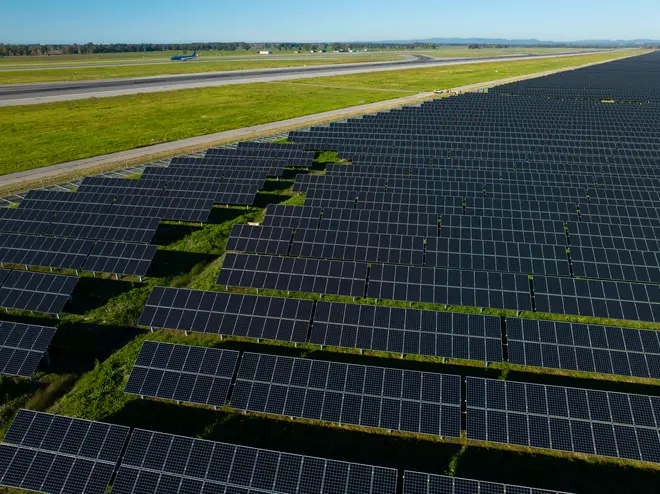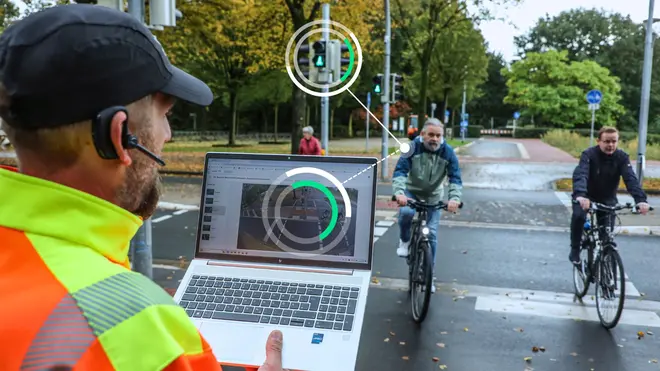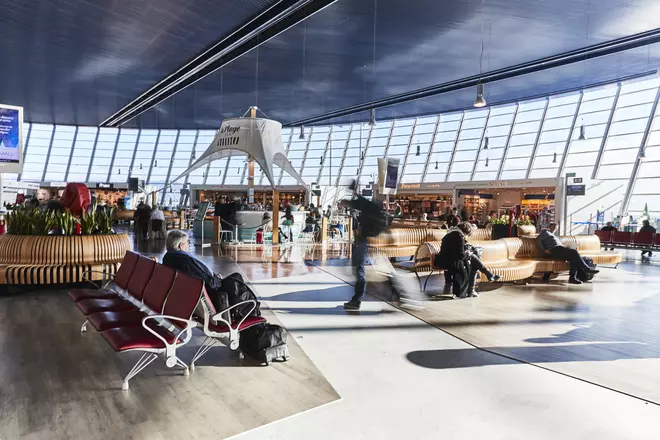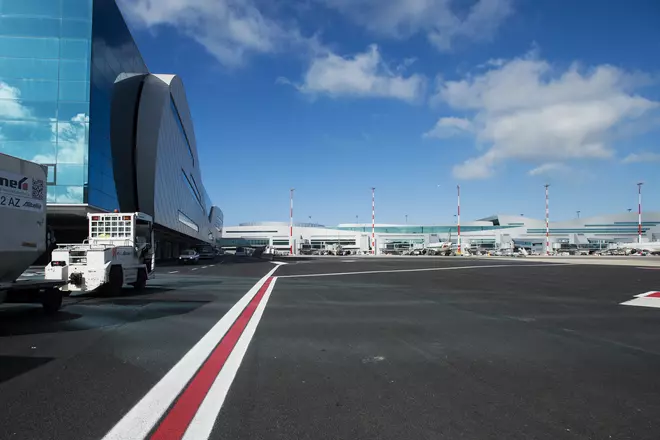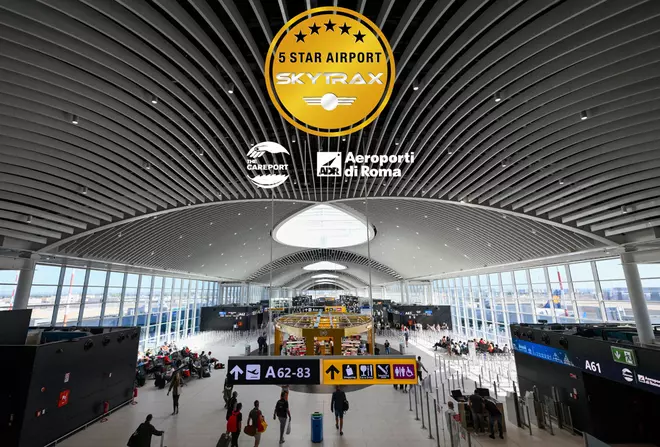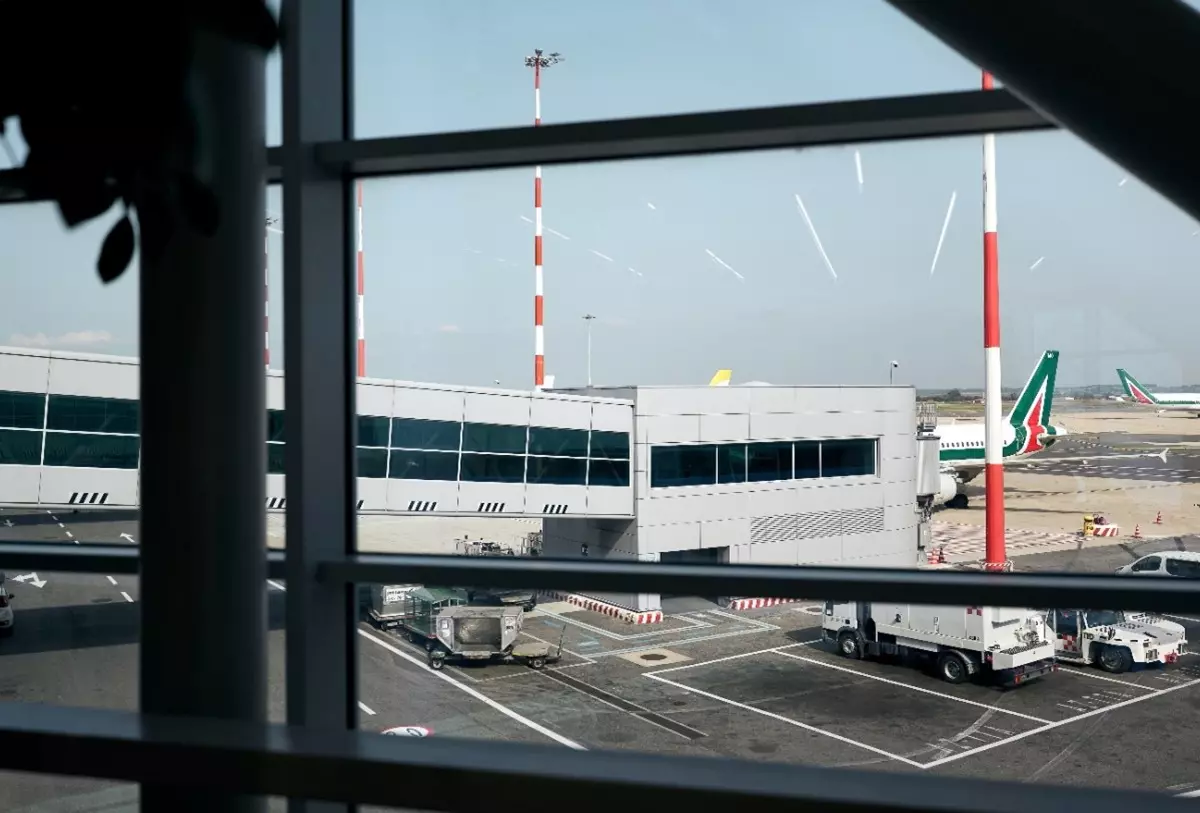
Environmental, social and governance (ESG) factors have taken on an even more central role in achieving Atlantia’s mission of driving the development of increasingly sustainable, safe, innovative and efficient mobility that responds to the needs of society as a whole.
Mobility infrastructure is and will increasingly be central to the economic and social development of communities, both in view of its impact on decision-making regarding the transport of goods and people and due to the repercussions for the environment and the quality of life in general. The transition to a low-carbon economy and a fairer, more accessible model of economic and social development are global priorities, which have played an interconnected role in the definition of the Group’s strategies.
As an example of this commitment, Aeroporti di Roma confirms its determination in terms of Sustainability and, specifically, on the fight against climate change. Rome’s Fiumicino and Ciampino airports, the first in Europe, have obtained the highest ACI Europe certification, Airport Carbon Accreditation 4+ “Transition”, for the reduction of direct and indirect CO2 emissions at airports.
Since 2011, after obtaining the first ACA certification, ADR has constantly reduced its carbon emissions, through an engagement plan involving all stakeholders, to improve the carbon performance of the entire sector. ADR has thus decided to eliminate all of its own emissions and, therefore, become Net Zero Emission by 2030, 20 years in advance of the date set by the European airport industry (Net Zero 2050).
ADR specifically contributes to the reduction of the overall emissions of the various stakeholders operating at the airport, such as, for example, those of airlines, by making sustainable fuels (Sustainable Aviation Fuel), capable of reducing emissions by 60 -80% available to carriers by 2024. In addition, Aeroporti di Roma promotes electric mobility at the airport, with the installation of 500 charging stations for electric vehicles, completely renewing its own fleet. Also, large photovoltaic plants will soon be built at the airport for a total capacity of 60 MW. Lastly, Leonardo da Vinci – the only airport in the world to be awarded by UNWTO on sustainability, was also the first to join the EP-100 of “The Climate Group”, The Climate Group's global initiative on the smarter use of energy, with the ambitious commitment to increase its energy productivity by 150% by 2016.


